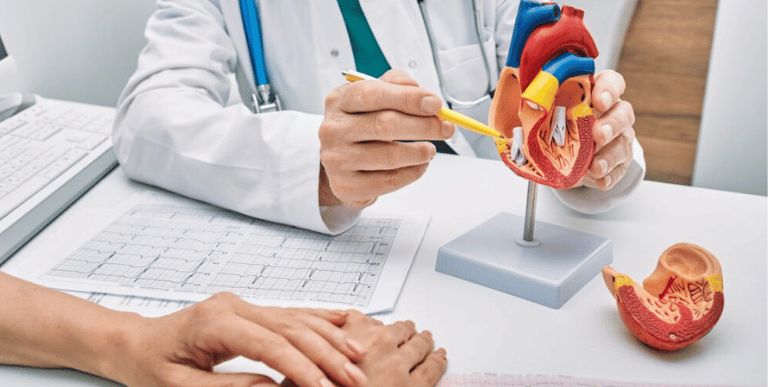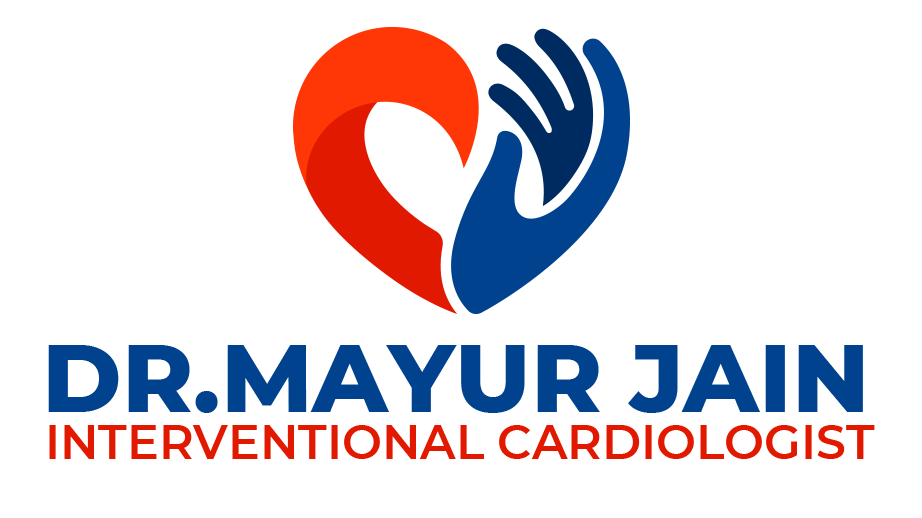Cardiac Consultation

A Cardiologist consultation is very important today. Healthy heart is a key to healthy life. Today many people are suffering from cardiac problems and high blood pressure due to lifestyle changes. The number of cardiac patients is increasing rapidly.
During the consultation, cardiologist evaluates past medical history, performs some physical examination and tests to assess the risk of developing heart diseases. Early diagnosis helps to minimize the complications in future. Cardiologist checks blood pressure and diabetes to anticipate the heart problems in the future. If person finds any cardiac symptoms, then immediate cardiologist consultation is necessary. Prevention is always better than cure.
Symptoms which need an urgent cardiac consultation are-
1) Chest pain
2) Fainting or unconsciousness
3) Breathlessness OM walking
4) Palpitation
5) Regular heartburn, indigestion, nausea and stomach pain
6) Irregular heart beat
7) Excessive sweating
8) Swelling in legs, feet and ankles
9) Pain in arms and jaws.
10) Uncontrolled blood pressure
11) High Cholesterol
Cardiologist performs various diagnostic tests to determine heart diseases-
1) Cardiac Angiography
2) Echocardiography (ECHO)
3)Stress testing (Treadmill or Exercise ECG)
4)Electrocardiogram (ECG)
5)Positron Emission Tomography (PET) scan
6) Holter monitoring
7)Cardiac computerized tomography (CT) scan
8)Cardiac magnetic resonance imaging (MRI)
9) Cardiac catheterization
Cardiologist evaluates and analyzes the test reports deeply. The treatment is immediately started after the study of reports from any of the above test. Cardiac diseases treatment is not similar in all the patients. Treatment is based on individual’s test reports.
Generally treatment for heart disease includes-
1) Lifestyle changes-
Cardiologist suggests lifestyle changes such as losing weight, eating low fat and low sodium foods, performing regular physical exercises, avoiding smoking and alcohol.
2) Medication-
If lifestyle changes are not effective to cure heart disease, then cardiologist prescribes medicines to control the heart diseases. Medication is mainly depending on the type of heart disease.
3) Heart surgery-
The Cardiologist performs heart surgery if medication treatment is failed. The heart surgery is depending on level and type of damage to the heart.
Today with the help of advanced medical technology, Cardiologists can perform any kind of complicated heart surgery efficiently.
